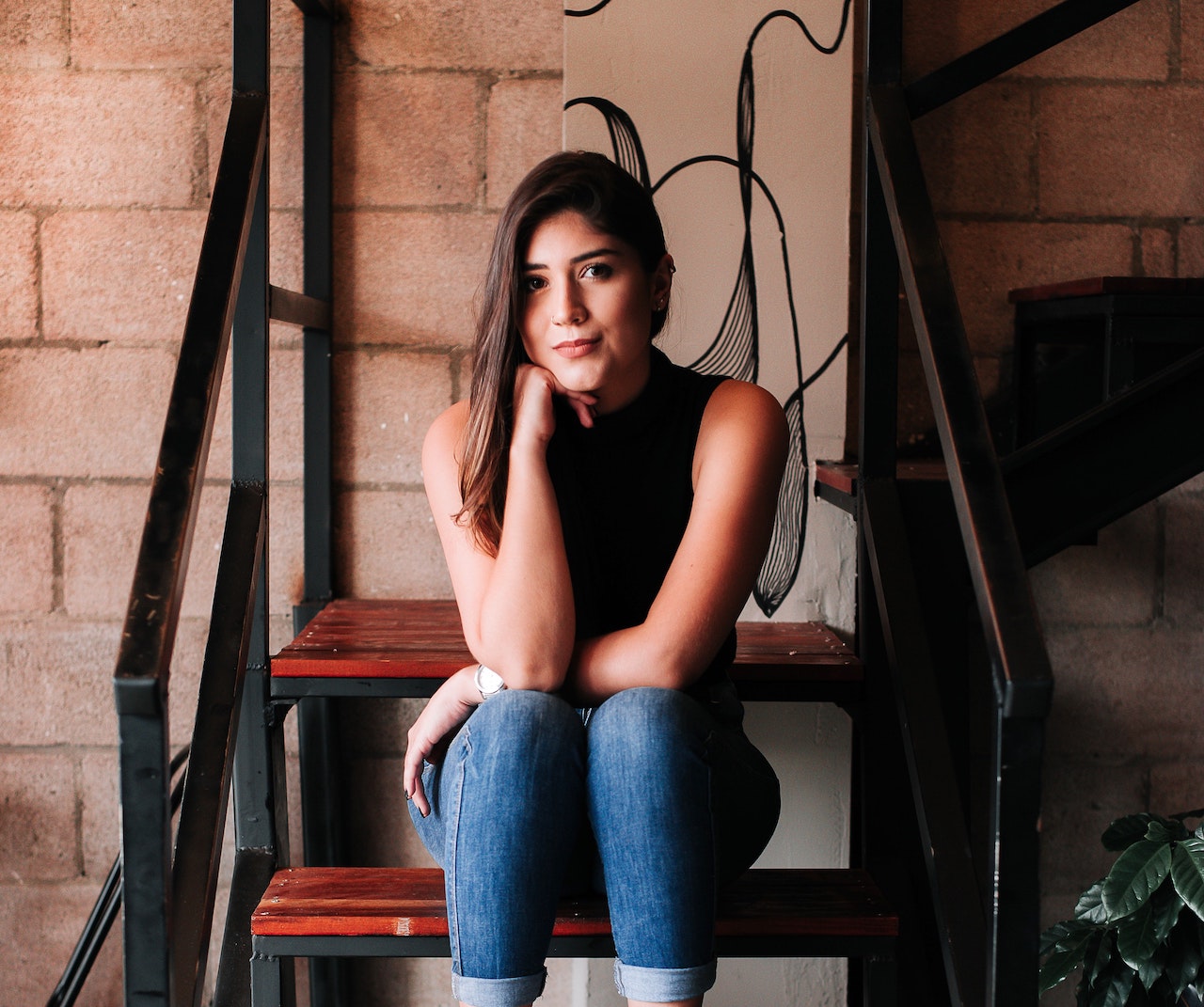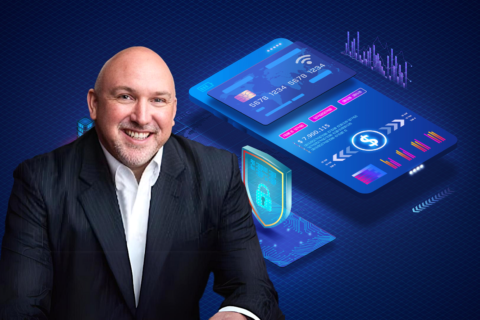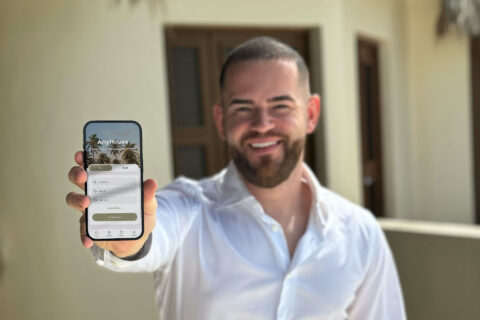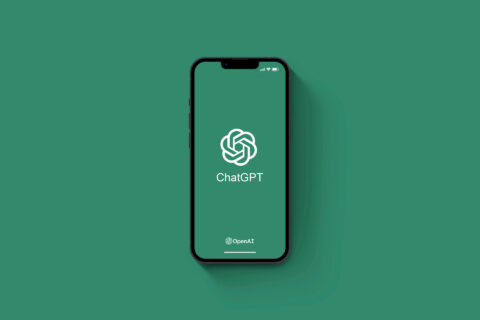In Latin America, over half of adults don’t have a bank account and even more do not have access to a full range of financial services, such as credit cards or loans.
In 2015, 9 million households in the U.S. were unbanked, and a further 24.5 million were underbanked. The credit scoring system in the United States, FICO, is not international, so new immigrants have no usable credit history when they first come to the country. Currently, in Latin America 89% of the 650 million person population also do not have access to credit from a financial institution. These statistics shine a light on an overwhelming problem and financial technology (a.k.a., fintech) in Latin America is filling a persistent gap.
Fintech fills persistent gap in underbanked communities
Improvements in financial technology have opened the doors for widespread financial inclusion. Uulala, a minority-owned company with the majority of stakeholders being first- or second-generation Latin Americans, could help change that.

Uulala, an Ontario-based fintech company, is a mission-driven organization designed to facilitate and accelerate the financial inclusion of the under-banked and unbanked population by providing access to financial tools. This mobile blockchain-powered fintech company and challenger bank in Mexico, provides a complete financial ecosystem designed to serve underbanked communities.
The Uulala financial ecosystem encompasses B2B/B2C real-time cross border payouts, instant P2P money transfers, QR code payment system, mobile wallet, virtual & physical cards, microfinancing, and an international blockchain-based credit scoring system.
Blockchain powered fintech companies facilitate and accelerate financial inclusion
The Uulala platform is a unique system that tracks all financial activities and combines that with blockchain technology to generate an international financial identity for its users.
Blockchain can be defined as a distributed, decentralized ledger. It gained notoriety in 2009 as the software underpinning Bitcoin. The “blocks” in a blockchain are chunks of digital data, and the ‘chain’ is the database on which they are stored. Each block has characteristics that make it unique and link it to the previous block in the chain.
There is no way to tamper with an individual block of information without affecting all subsequent blocks. Data stored on a blockchain is not only encrypted but also linked together chronologically, copied onto a database (the blockchain) and distributed to a network of individual computers (nodes), who then each hold a copy of the original blockchain.
While blockchain technology is largely associated with cryptocurrencies, it has a much wider range of applications, from storing medical records to tracking art to creating secure digital identification.
For Uulala, blockchain is used to facilitate and store all its transaction metadata. Every transaction that is made in the Uulala ecosystem, whether between Uulala users or between a Uulala account and an outside institution, requires a token (the UULA) to process the transaction. The UULA is a type of cryptocurrency called a utility token that is not used as money, like Bitcoin or Ethereum but is used to encrypt data of the ecosystem transactions which are then logged on a blockchain.
The security and incorruptibility of the blockchain makes it a suitable record for traditional financial institutions to accept when evaluating new applicants. As Latin American un- and underbanked individuals begin making transactions through the app, they’re building a secure record of their transaction history that they can then leverage for future credit in the formal sector.
Eventually, the hope is that with a system of distributed, blockchain-secured credit history will be internationally recognized, helping immigrants access financial products in their new countries as well as bringing digital finance to nearly 2 billion unbanked adults worldwide.
© YFS Magazine. All Rights Reserved. Copying prohibited. All material is protected by U.S. and international copyright laws. Unauthorized reproduction or distribution of this material is prohibited. Sharing of this material under Attribution-NonCommercial-NoDerivatives 4.0 International terms, listed here, is permitted.













